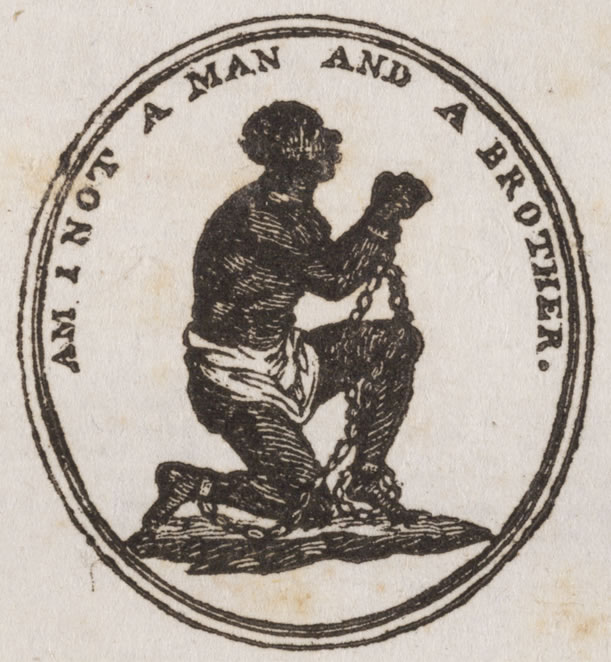Category: Bible (Page 2 of 2)
Sojourners blog have just posted my article on the active nature of faith. It looks at the fact that faith and love are verbs in the gospels. We generally think they are about intellectual assent to a set of beliefs, but they are far from it.
True biblical theology is one of love – as a verb.
Sight Magazine just posted my recent piece on Jesus’ oft misunderstood words when the woman anointed him with perfume.
 A common objection to the Bible is that it portrays a God who condones slavery. Considering there about 27 million slaves in the world today, it is a major issue that many Christians are involved in try to abolish. The abolitionist movement made famous by William Wilberforce was almost overwhelmingly Christian. So why would Christians fight so hard to abolish slavery if the Bible condones it?
A common objection to the Bible is that it portrays a God who condones slavery. Considering there about 27 million slaves in the world today, it is a major issue that many Christians are involved in try to abolish. The abolitionist movement made famous by William Wilberforce was almost overwhelmingly Christian. So why would Christians fight so hard to abolish slavery if the Bible condones it?
With any issue like this, when we want to look at what the Bible says, context is everything. To paraphrase real estate agents: context, context, context. It can’t be emphasised enough. We can’t just take an issue that we can do things about now and transport it back 2000 years into a completely different culture and context.
The main thing that I see when I read the Bible, particularly the New Testament, is that it is written in a context of suffering. Jesus was a suffering Messiah, and the epistles were generally written to communities which were experiencing some sort of oppression and persecution.
We also need to remember that the Christian movement of the 1st century (when the New Testament was written) was just starting out and sorting out what they believed. Their main emphasis was working out how to live as faithful followers of Christ within that context. They didn’t have the luxury and freedom that Wilberforce (and John Wesley before him) had 1700 years later of being able to speak out and advocate to change laws. And they certainly didn’t have the opportunities we have today of advocating for change.
Having said that, Paul actually does speak against slavery. His letter to Philemon is all about treating Onesimus, a slave, with dignity and respect. This was something that was unheard of in those days. Slaves were chattels, and to treat them as a brother (as Paul asks Philemon to do) was radical to say the least. Added to this is Galatians 3:28 – in Christ there is neither slave nor free. Again this was an outrageous thing to say in that culture – equating slaves with free people.
 Years ago Phil Collins sang a song which talked about the fact that we often don’t realise the good we have until we lose it. I found that with my daily quiet time in India last year. I had been having quiet times every morning for about seven years and have, over time, realised the benefits of them.
Years ago Phil Collins sang a song which talked about the fact that we often don’t realise the good we have until we lose it. I found that with my daily quiet time in India last year. I had been having quiet times every morning for about seven years and have, over time, realised the benefits of them.
Soon after arriving in India however, as we had been getting up early and going places, I had not taken the time to spend with God in quietness and contemplation, however short. But once I did start it again, it hit me how ‘un-relaxed’ I had been over the previous week or so. Just sitting here doing some reading and taking in what is before me made me see again what I had missed. I felt somewhat more relaxed, and able to think a little more clearly, and, most importantly, to realise again the importance of being loving and not letting my emotions dictate my actions, especially as I was pretty tired most of the time.



